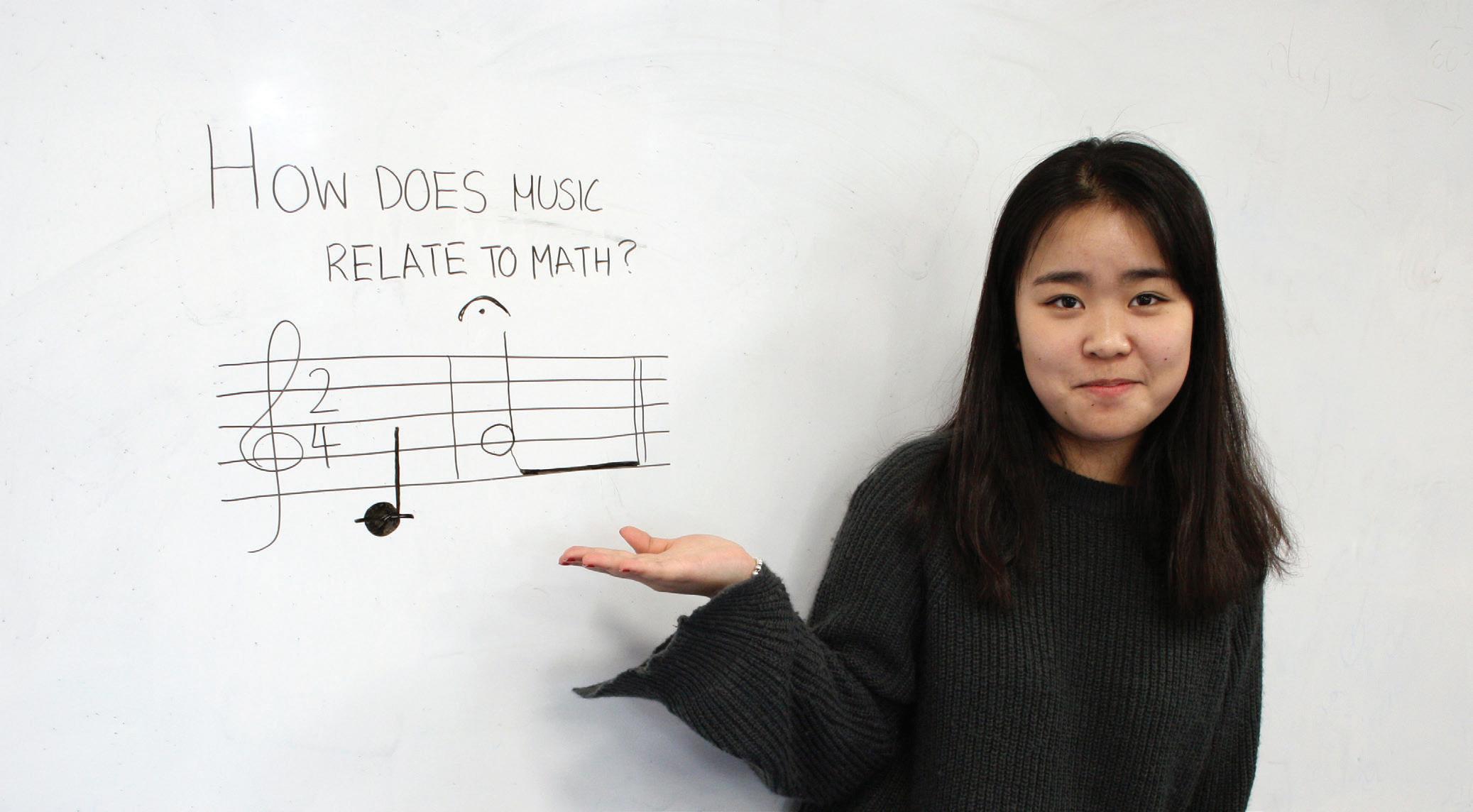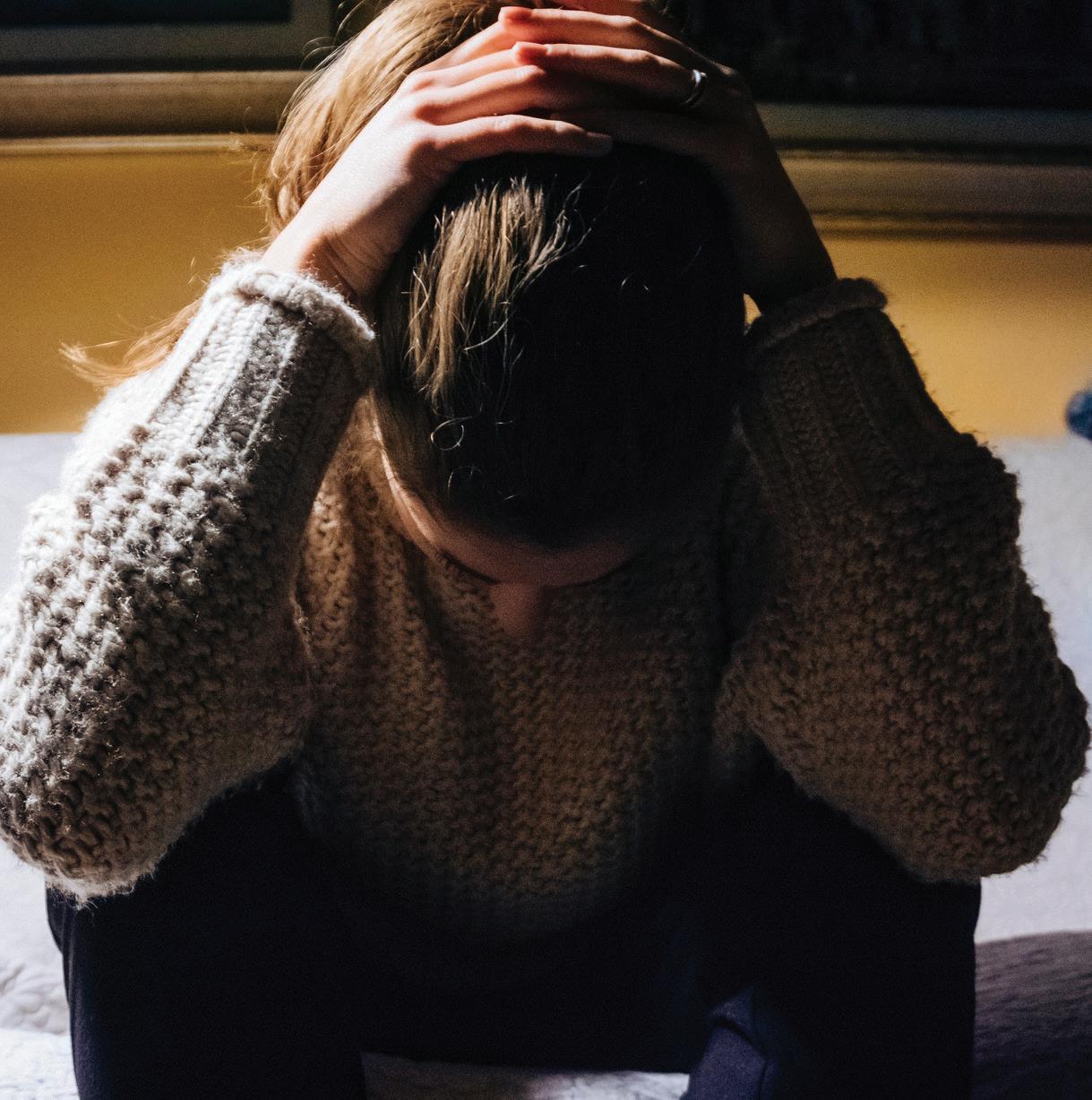Features
Are we able to slay the educational Leviathan? Andrew Watson looks at the barriers preventing change and progress The more I learn about education, the more I am forced to confront a difficult question: is education really the most conservative of bastions? Why does sea-change so often seem to be but a distant light on a dark horizon? Is it simply the size and scale of an apparent Leviathan, thrashing in troubled waters, that renders it so resistant to fundamental change? Or has education become a monster that has developed a pathological aversion to evolution? In its modern form, education was once a radical social force. Yet now, as humanity sleepwalks inexorably towards a climate catastrophe, propelled by economic irrationality and increasing inequality, and fuelled by a new wave of political populism, where is the radical voice of education, which can stem the tide, challenge orthodoxy and bring hope to young people betrayed by a system of self-perpetuating inadequacy? Education has become part of the problem. The sector has, to paraphrase Greta Thunberg – the popular if not stereotypical leader of a climate revolution – been ‘shitting on our futures’ (Guardian 01.09.18). Johnston (2017), quoting Schumacher (1997 p 208) writes: ‘The volume of education continues to increase, yet so do pollution, exhaustion of resources, and the dangers of ecological catastrophe. If still more education is to save us, it would have to be education of a different kind: an education that takes us into the depth of things ...’. Education needs to be part of the solution. Want the good news? There are activists at work. In addition to Thunberg, others have also been working, steadily and painstakingly over recent years, to imagine and create an experience of education fit for purpose, from which might emerge a better, more peaceful, more sustainable world. Take for example the Inaugural European Education & Sustainability Leadership Summit (ESLS), which is taking place at Berlin Brandenburg International School (BBIS) from 30 May to 1 June 2019, and is an aspirational and ambitious programme that brings together national and international education leaders, student and teacher ‘champions’ of sustainability in its broadest sense, with policy makers, so that one can inform the other – and in order to chart a very different future path for global education that will enable it to align with the most urgent challenges facing humanity. It invites educational leaders, with a facilitated parallel dialogue that includes learners, to reflect critically on what we teach (the curriculum), how we teach (pedagogy) and where Winter
Summer |
| 2019
we teach (school infrastructure). The Berlin programme is the inaugural European iteration of a programme that was successfully piloted in Singapore in 2015 and then delivered in Cape Town in 2017 for a South African independent schools sector. The programme began as a partnership between the Universities of Cape Town and Cambridge and the United World College movement. Whilst the latter still plays an active role, the programme model has evolved to develop partnerships with ‘host’ schools such as ‘Bishops’ (Bishops Diocesan College) in Cape Town and now BBIS in Berlin. The outgoing Principal of BBIS, Peter Kotrc, sustains an entrepreneurial zeal towards education that is both refreshing and reassuring, especially when schools have a choice between being the mirrors of society or the change agents of it – as Professor Stewart Sutherland observed sagely in the mid-1990s. Schools, as the education and sustainability leadership programme recognises, cannot afford to stand still; they have to develop a prophetic vision of the future, which necessarily involves challenging process as much as re-engaging with their moral purpose and re-thinking how their core business of teaching and learning can best be sustained by connected organisational systems. However, moving beyond what might be referred to as a ‘first phase’ of sustainability systems-thinking (which might for very good reasons, for example, focus on environmental issues within and beyond a school community) requires vision, leadership and teamwork. It also requires radical thinking, courage and risk-taking, and the annals of international education are filled with stories of leaders who ‘risked’ some and consequently lost all. Little wonder, then, that there is an apparent sense of self-preservation and risk-aversion among what mostly remains a tight-knit fraternity. It could be argued that the system itself promotes and rewards conservatism. However, one need only look at the transformational work of the ESLS partner the Cambridge Institute for Sustainable Leadership (CISL), which does most of its work in the Business Sector, to understand how sustainability thinking is not just ethical, but also good for business. The andragogy of ESLS, which draws heavily on Otto Scharmer’s ‘U Theory’, breaks down the walls of preconception to create a tabula rasa where connected, collaborative learning and coherent, contextualised solutions can be evinced. Senge (2014) in Johnston (2017) believes,
31



























